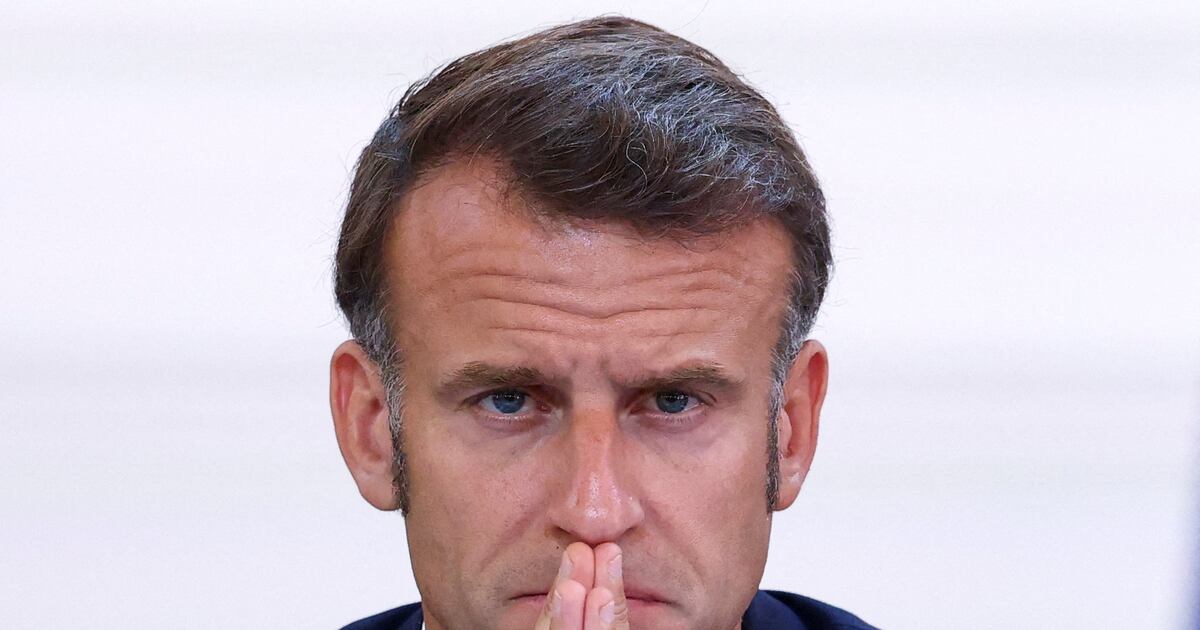US president Donald Trump’s threat on Saturday to place a 30 per cent tariff on goods from the European Union caused outrage among European leaders, with some urging retaliatory tariffs while others said they hoped a deal could still be worked out before the new levies went into effect.
The European Union has been in deep negotiations with Washington in the hope of reaching trade deals that would avert such punishing levies and a wider trade war. But Trump’s threat to impose a 30 per cent levy on European and Mexican goods on August 1st upended months of deliberations in one fell swoop, and European leaders are threatening to strike back.
Ursula von der Leyen, president of the European Commission, the EU’s executive branch, said her administration was ready to keep working toward an agreement before the August 1st deadline. “At the same time, we will take all necessary steps to safeguard EU interests, including the adoption of proportionate countermeasures if required,” she said.
The European Council president, António Costa, said on social media that the EU “remains firm, united and ready to protect our interests.”
The European Union had been frantically pushing for an agreement right up until Mr Trump announced the new tariffs Saturday morning. Many in Europe had been expecting at least a 10 per cent baseline tariff, with some possible exemptions.
President Emmanuel Macron of France suggested the 30 per cent rate came as a surprise after weeks of negotiations that he said were “made in good faith”. He voiced “very strong disapproval” of the tariffs in a social media post.
France has been one of the loudest voices in Europe calling for retaliatory tariffs against the United States if a deal isn’t reached. Macron reiterated a plea for the European Commission, which is negotiating on behalf of the EU countries, to mobilise “all the instruments at its disposal”.
Others calling for retaliation include Brando Benifei, chair of the European Parliament’s delegation for relations with the United States, and Bernd Lange, chair of the European Parliament’s Committee on International Trade.
Benifei said the EU’s executive branch should “immediately put on the table a series of new credible countermeasures on goods, services, and intellectual property rights that would take effect August 1st without an agreement, and let’s no longer postpone those that are due to come into force next week.”
Lange called the tariffs an “outrage”.
“We should no longer wait and see, but use our economic strength to make it clear that these unfair trade practices are unacceptable,” he said.
Prime minister Giorgia Meloni of Italy, one of the few European leaders Trump likes, struck a more cautious tone.
Her office said in a statement that it would make “no sense to spark a trade war between the two sides of the Atlantic”, and urged negotiators to avoid “polarisations that would make reaching an agreement more complex”.
Mr Trump threatened to meet any EU tariff retaliation with an equal increase in US tariffs. Experts said that would increase the chances of a wider trade war between the United States and Europe.
Dan O’Brien, chief economist at the Institute of International and European Affairs, said on social media that a 30 per cent tariff on European goods exported to America would have “a significant trade destruction effect”.
The new tariffs also prolong the economic uncertainty weighing on various exporters, including German carmakers, Italian wine exporters and Irish pharmaceutical companies.
Hildegard Müller, who heads VDA, the main lobby group for German carmakers, called the latest tariffs “regrettable” and urged negotiators from the European Union and the United States to find a solution “as quickly as possible”.
Müller said that the 27.5 per cent tariffs already in place for cars imported to the United States were hurting German automakers. It remains unclear whether the threatened 30 per cent tariffs would apply to imported cars, since Trump’s letters said the latest tariffs would be “separate from all sectoral tariffs”. If they did apply, European carmakers such as Volkswagen would be among the hardest hit. Almost all major carmakers also manufacture vehicles in Mexico.
Mexico is projecting confidence that it will fend off a new set of tariffs threatened by Mr Trump, with talks already under way to avert the worst.
Mexican president Claudia Sheinbaum noted in speeches that every country has been getting a letter from Mr Trump as he implements global protectionist policies. Her team had already begun discussions with the US on Friday and she was confident Mexico would get a deal.
“We’ve had some experience with these things for several months now,” Sheinbaum said at a clinic opening in Ensenada, Baja California. “And I think we’re going to reach an agreement with the United States government.” – This article originally appeared in The New York Times, additional reporting by Bloomberg
